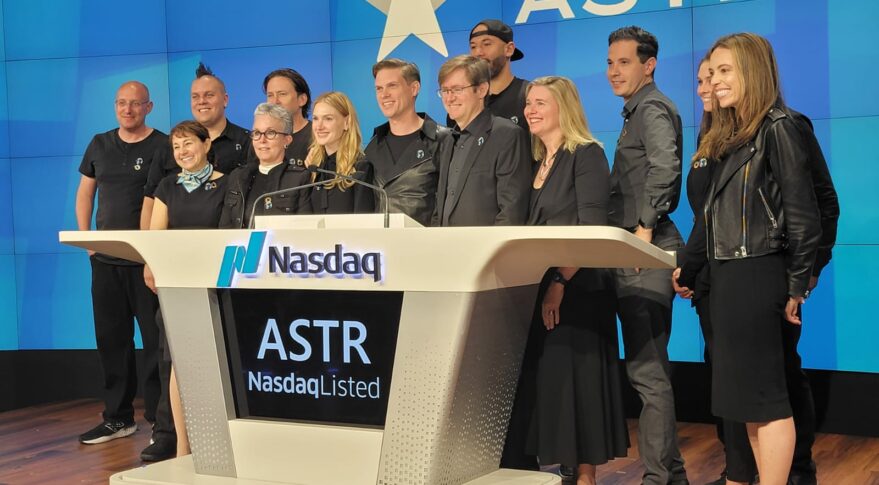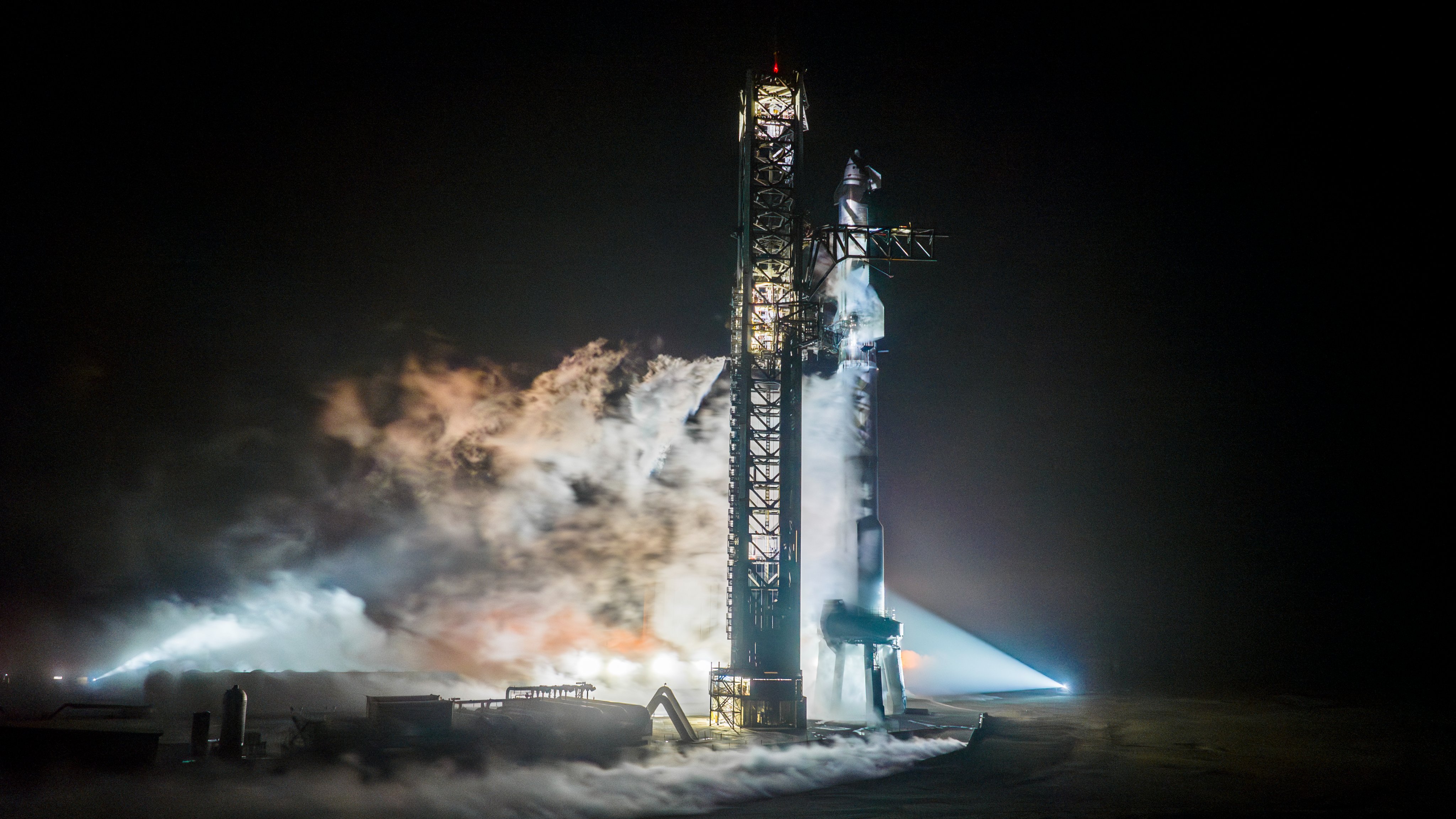ARTICLE AD

Hello and welcome back to TechCrunch Space. Happy South by Southwest week for all who celebrate. On to the news.
Want to reach out with a tip? Email Aria at aria.techcrunch@gmail.com or send me a message on Signal at 512-937-3988. You also can send a note to the whole TechCrunch crew at tips@techcrunch.com. For more secure communications, click here to contact us, which includes SecureDrop (instructions here) and links to encrypted messaging apps.
Story of the week
Astra has officially become the first space SPAC bust of the year, with the company announcing last week that it had accepted a take-private deal from co-founders Chris Kemp and Adam London.
The company went public in the summer of 2021 via a blockbuster $2.1 billion SPAC deal. The acceptance of the deal — which will see Kemp and London purchasing all remaining Astra stock for $0.50 per share — means that the company has lost more than 99% of its value.

Astra IPO at Nasdaq. Image Credits: Astra
Launch highlights
We’re looking forward in time for this week’s launch highlights — specifically, to March 14, which is when SpaceX could conduct the third orbital test of the massive Starship rocket. One very important caveat: That date is dependent upon the approval of the Federal Aviation Administration and the regulator issuing a modified launch license to SpaceX for the test.
It should be an exciting test, though, with the company planning to test a handful of new, very ambitious capabilities, including a propellant transfer demonstration during the Starship upper stage’s coasting phase and the first-ever relight of a Raptor engine in space.

starship wet dress rehearsal. Image Credits: SpaceX
What we’re reading
I really enjoyed digging into this report on the dual-use startup landscape from AIN Ventures. The firm analyzed 123 dual-use companies that raised $5 million or more last year. It also provides some interesting reflections on where dual-use investing is headed:
The presence of significant unallocated capital in both public and private sectors is atypical. The era of inexpensive capital has passed, prompting startups to recalibrate to more realistic valuations. This financial landscape is poised to create a dynamic and potentially lucrative climate for venture capital investment in 2024.

Image Credits: Kiyoshi Tanno / Getty Images
This week in space history
I don’t mean to be impolite, but this week in space history we’re revisiting…URANUS.
Its discovery, that is. That’s right: On March 13, 1781, a German-born, British astronomer named Sir William Herschel noticed a faint object through his telescope. He initially thought it might be a comet, but later correctly identified it as our solar system’s seventh planet. Six years later, Herschel also discovered Uranus’ two largest moons, Titania and Oberon (the other three moons wouldn’t be discovered until the nineteenth and twentieth centuries).

 9 months ago
63
9 months ago
63 

